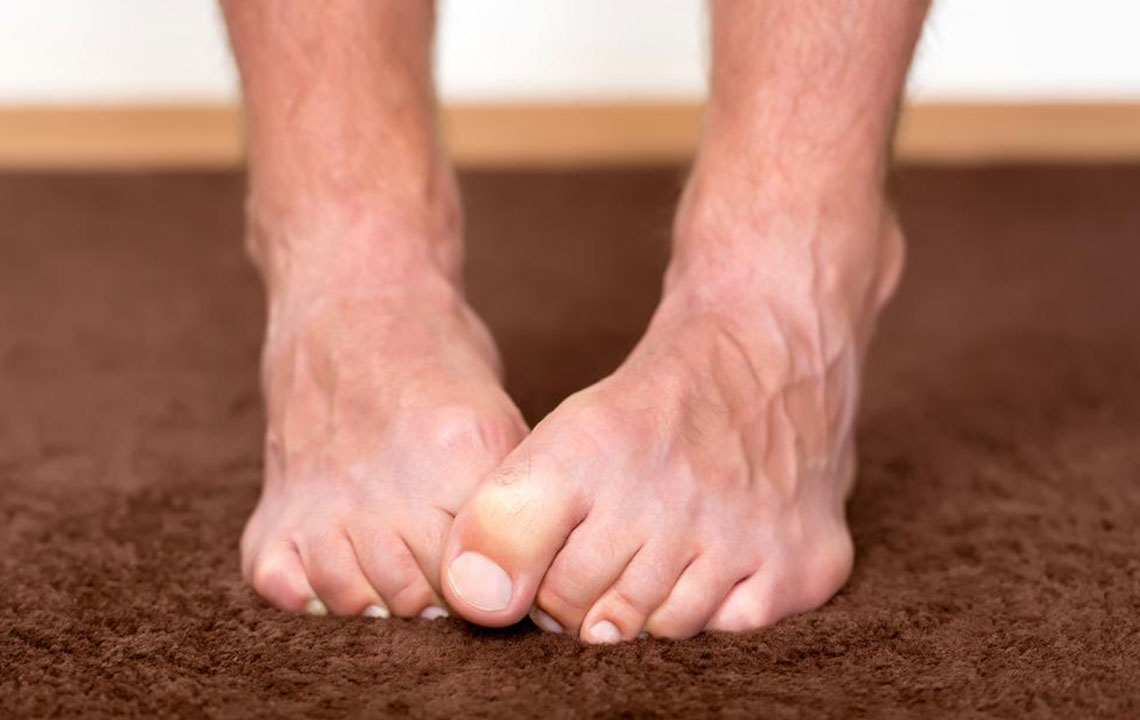Effective Natural Strategies to Manage Elevated Creatinine Levels and Support Kidney Health
Learn comprehensive natural strategies to effectively lower elevated creatinine levels and support kidney health. This guide covers lifestyle modifications, dietary adjustments, and herbal remedies to improve renal function safely and naturally. Maintaining healthy creatinine levels is vital for overall well-being, especially for those with kidney concerns. Consult healthcare professionals before making significant changes, and incorporate these natural methods as part of a holistic approach to kidney health and detoxification. Preserve renal function with expert-approved natural strategies today.

Comprehensive Natural Approaches to Lower Elevated Creatinine and Preserve Kidney Function
Creatinine is a waste product generated from the metabolic activities of our muscles. Normally, healthy kidneys efficiently filter out creatinine from the bloodstream, excreting it through urine. The levels of creatinine in the blood serve as a critical indicator of kidney function and muscle mass. Elevated creatinine levels can signal underlying issues like impaired kidney function, which necessitates targeted strategies to reduce these levels and support overall renal health. Understanding how creatinine functions and what factors influence its concentration is key to managing and improving kidney health naturally.
Typical blood creatinine levels vary based on age, gender, muscle mass, and overall health. For adult men, the normal range is approximately 0.6 to 1.2 mg/dL, while women usually range from 0.5 to 1.1 mg/dL. Elevated levels—above these thresholds—can highlight potential kidney dysfunction or other health issues, demanding a careful review of lifestyle and dietary habits. Several factors affect creatinine levels, including physical activity, medication use, body size, diet, and hydration status.
To mitigate elevated creatinine safely and naturally, it's essential to adopt lifestyle modifications and dietary adjustments. These interventions promote kidney health and help prevent further deterioration of renal function. Here are some effective strategies you can consider:
Moderate Physical Activity: While regular exercise supports overall health, excessive physical activity can increase muscle breakdown, raising creatinine levels. Engage in moderate, consistent workouts, and avoid over-exertion to maintain balanced muscle metabolism.
Avoid Creatine Supplements: Creatine supplements can artificially elevate serum creatinine, so individuals with existing kidney concerns or elevated levels should abstain from them unless advised otherwise by a healthcare provider.
Dietary Modifications: Reducing red meat and high-protein foods can lessen creatinine production. Incorporate more plant-based proteins, vegetables, and fiber-rich foods to support kidney cleansing processes.
Increase Dietary Fiber Intake: Consuming dietary fiber from sources like whole grains, fruits, and vegetables enhances kidney function by reducing toxins and supporting digestion.
Hydration and Fluid Intake: Adequate water consumption helps flush out toxins and maintains optimal kidney filtering capacity. Follow your doctor's guidance regarding fluid intake, especially if you have pre-existing kidney conditions.
Natural Herbs and Supplements: Certain herbs such as salvia (sage), stinging nettle, and chamomile have been historically used to support kidney health and reduce creatinine levels. However, herbal remedies should be used cautiously and always under medical supervision, particularly if you are on medications or managing chronic illnesses.
Regular health check-ups, including blood tests to monitor creatinine levels, are vital for early detection and management of kidney health issues. Consulting with healthcare professionals ensures that any natural or dietary interventions are safe and suitable for your specific health condition. In cases of significant kidney impairment, medical treatments like dialysis may be necessary, but natural strategies serve as important complementary measures to support kidney function and overall well-being.
In conclusion, managing elevated creatinine levels involves a balanced combination of lifestyle adjustments, dietary changes, and natural remedies. By adopting these methods, individuals can support their kidney health, prevent further damage, and improve their quality of life. Remember, personalized medical advice is essential when dealing with kidney health concerns, and natural techniques should be integrated under professional supervision for optimal outcomes.





